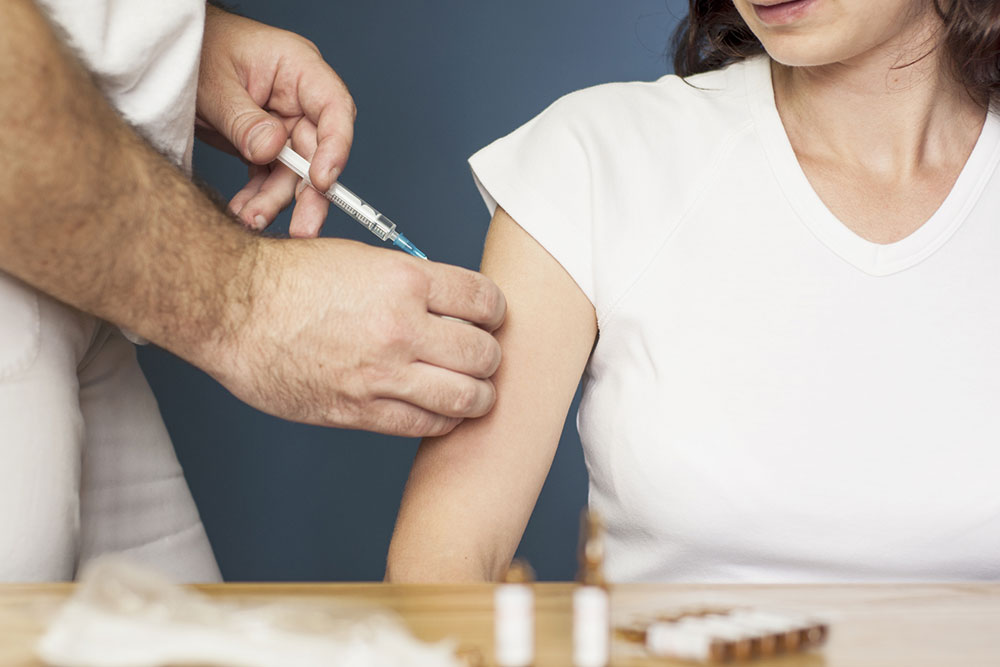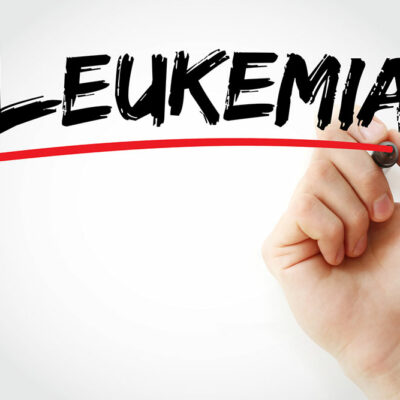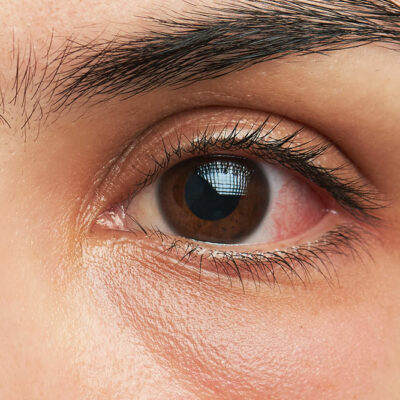
Top vaccinations for cervical cancer patients
The best way to protect women from cervical cancer is to take the HPV vaccine. Administration of the vaccine is best done for women by the age of 18 years. Regular cervical screening tests should be done once every four years, to detect any abnormal cell growth in the cervix. The HPV Vaccine prevents the incidence of Human Papillomavirus, which is one of the major causes of cervical cancer. Persistent HPV infection, usually with certain high-risk types of HPV, can cause abnormal cancerous cells to develop on the cervix. HPV types 16 and 18 are also largely responsible for nearly 70% of all cervical cancers.
Parents should consider administering the HPV vaccine to both boys and girls. Sadly, genital HPV is the most common sexually transmitted infection in the country. It is rather shocking to know that 25% of females in the ages 14 to 19 years and around 45% in the age group of 20-24 have been infected with HPV. Men are also affected by HPV infection, which can cause certain cancers; unlike cervical cancers, there are no screening tests for the other type of cancers. The vaccine can prevent boys and men from being infected and passing on the virus to their sexual partners.
The vaccination is taken in 2 or 3 doses, depending on the doctor’s recommendation, and spaced over a span of 6 months. It is injected into the upper arm muscle. Consultation with a doctor is very important as the dosage varies based on body weight and other medical conditions. The side effects are mostly mild discomfort or abdominal pain, and abnormal side effects occur only in rare cases. Hence, it is relatively safe to go in for HPV vaccination.
Gardasil is the most common vaccine that protects women against various types of HPV infection. It works to prevent HPV-16 and -18, which are linked to cervical cancer. Gardasil is also recommended for men as it helps to prevent genital warts. The vaccine is a fluid containing particles that make antibodies to fight the HPV virus. The effect of the vaccine is known to be effective for at least 4 years. Gardasil was tested to be 100% effective in preventing infection in girls who had not been exposed to HPV 6, 11, 16, and 18. Another vaccine called Cervarix is also available, though Gardasil is proven to immunize against more types of HPV.
Administration of HPV vaccine in women over 25 years of age is also beneficial, provided they have not been infected with the virus. Since the HPV vaccine is FDA-approved only up to age 26, with the presumption that women or men maybe already exposed to the virus by that age.
Administration of the vaccine after 26 may be expensive as it is not covered by insurance. Considering the trauma of suffering from cervical cancer, it is better to consider the vaccine at an early age. Vaccination does not guarantee that cancer will not occur but is a major contributor to preventing it.


